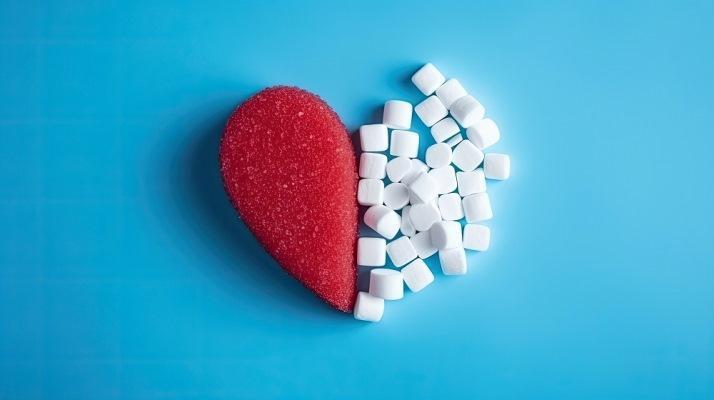The low-calorie sugar substitute, commonly found in toothpaste and chewing gum, may be associated with an increased risk of cardiovascular events such as heart attacks and strokes.

More research should be done in the future to examine the cardiovascular safety of xylitol, a natural sugar alcohol found in plants but considered an artificial sweetener because it contains no sugar, a large study says.
“Xylitol is associated with the risk of MACE (major adverse cardiovascular events),” write the authors, led by Dr. Stanley Hazen, Ph.D., of Cleveland Clinic's Lerner Research Institute and the Heart and Vascular Institute of Preventive Cardiology. and chest in Ohio.
Xylitol is a common ingredient in sugar-free candy, chewing gum, and oral care products such as toothpaste. Over the past decade, xylitol and other sugar substitutes have gained increasing popularity and are promoted as healthy alternatives for people with obesity and diabetes.
To examine factors contributing to residual cardiovascular risk, an analysis of more than 3,000 patients in the United States and Europe was conducted. Untargeted metabolomics studies were performed on patients undergoing cardiac evaluation, and liquid chromatography-mass spectrometry analyzes were performed on an independent, nonoverlapping cohort. According to the study results, studies were conducted on human and animal blood to study the effect of the sugar substitute on platelet response and blood clot formation in vivo.
High circulating levels of xylitol were associated with an increased three-year risk of cardiovascular events. Additionally, the third of patients with the highest levels of xylitol in their blood plasma had an increased likelihood of cardiovascular events, according to the press release.
In addition, xylitol causes platelet clotting and increases the risk of thrombosis. In addition, platelet activity in patients who drank the xylitol-sweetened drink was found to have blood clotting ability, which the authors said was markedly increased compared to those who drank the glucose-sweetened drink.
The study had a number of limitations, including that clinical observations show correlation rather than causation. The study, supported by the US National Institutes of Health and the Office of Dietary Supplements, highlights the need for further study of sugar alcohols and artificial sweeteners.
“This doesn't mean we should throw away toothpaste if it contains xylitol, but we should be aware that consuming a product high in xylitol may increase the risk of blood clots,” Hazen concluded.
